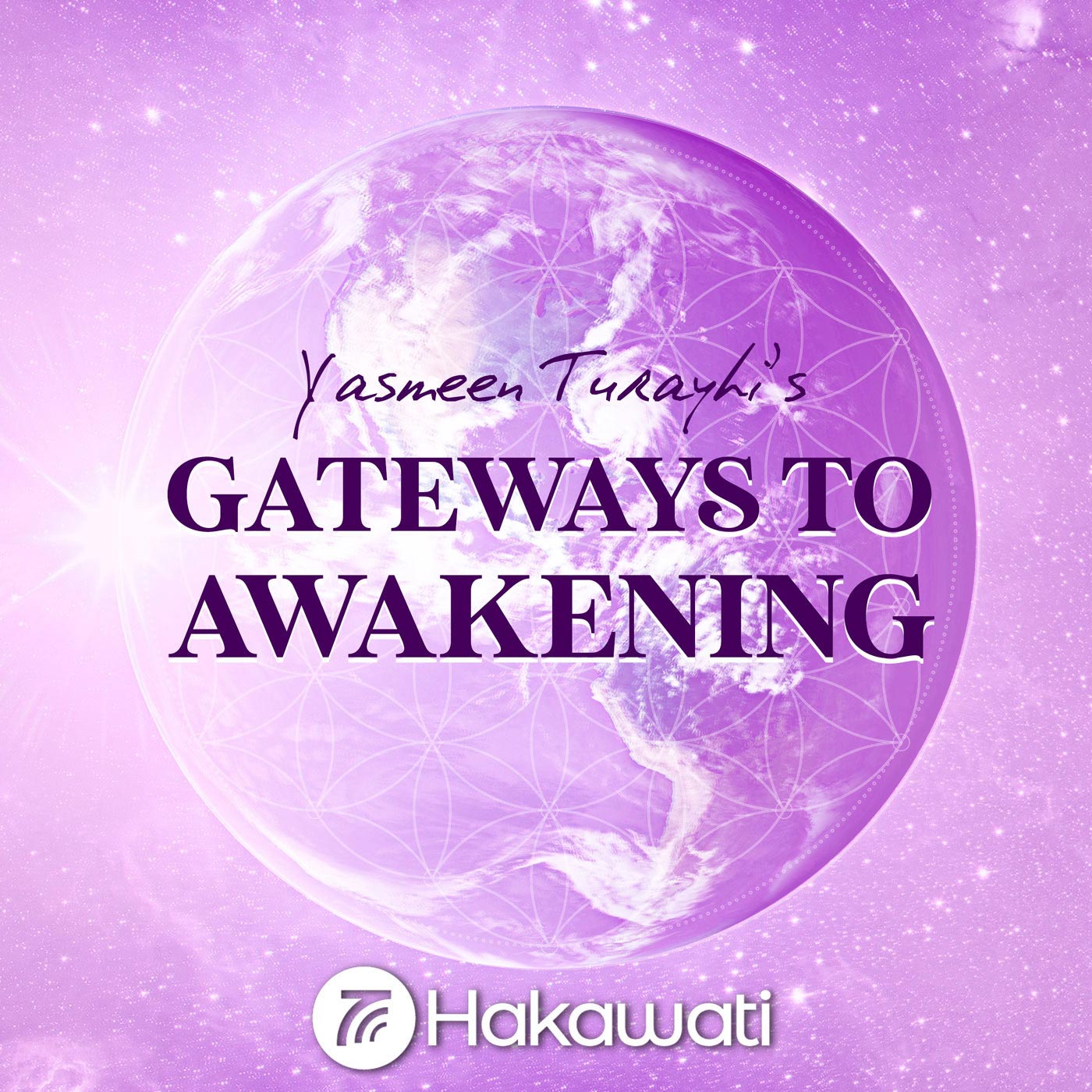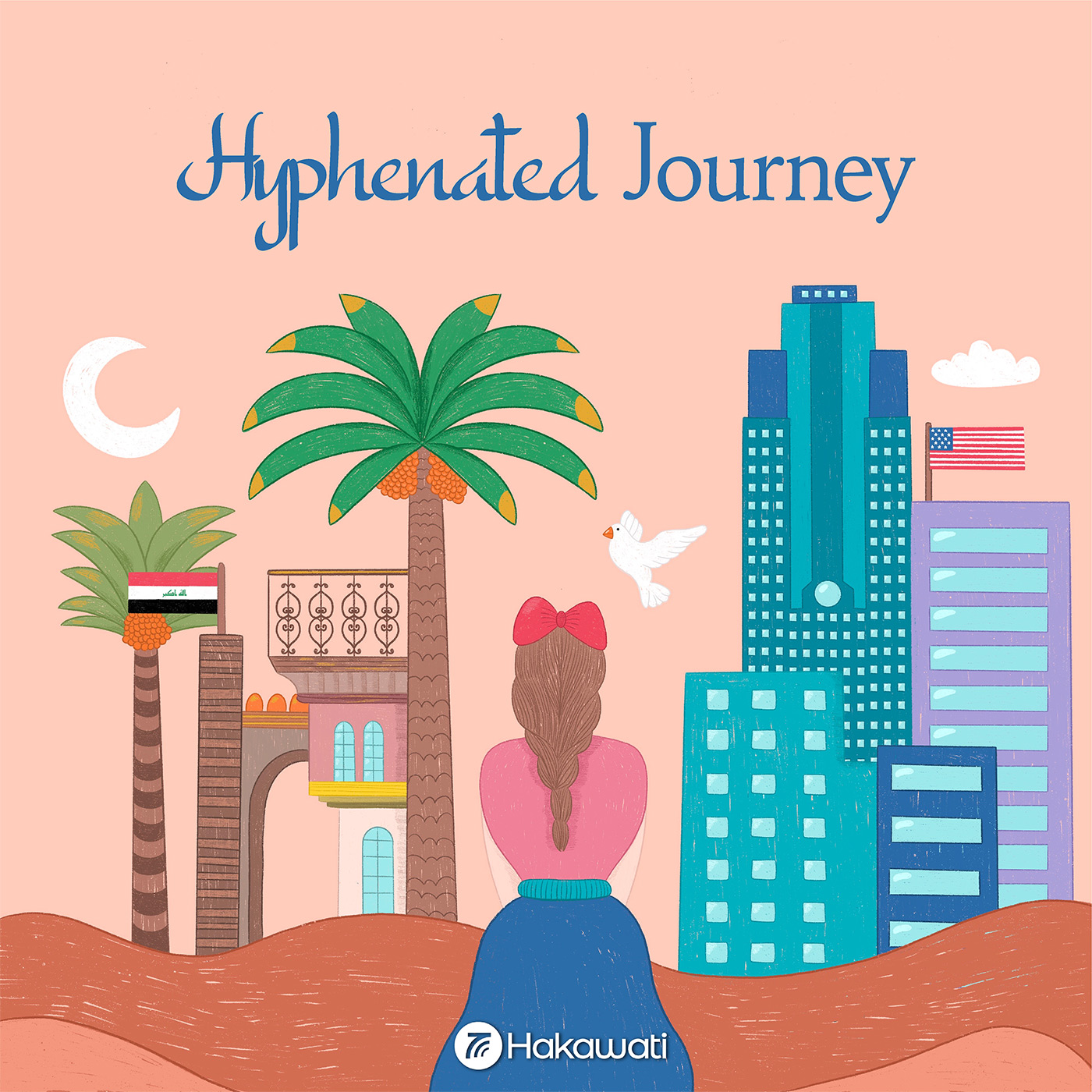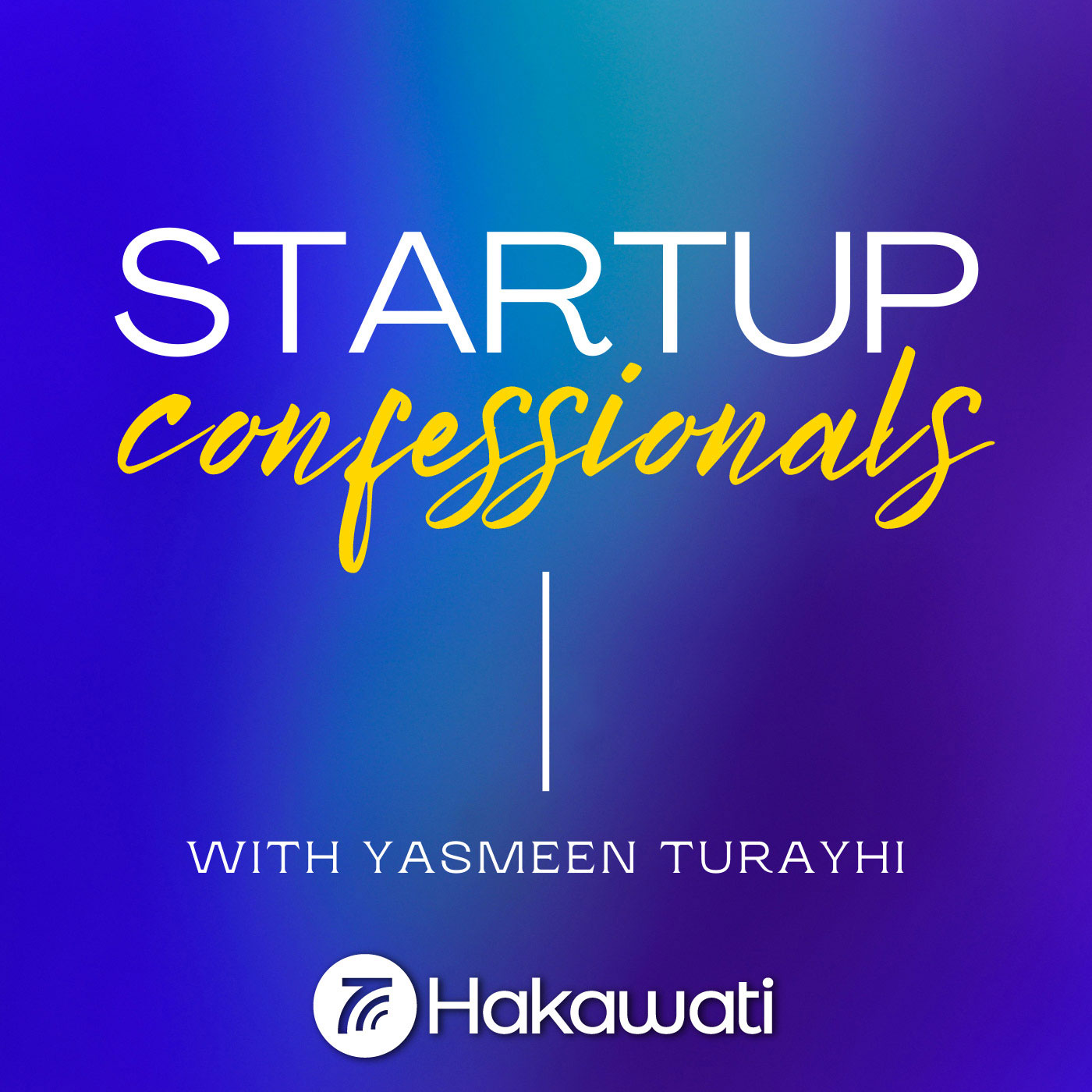Podcasts see more
Latest Episodes see more
On today’s episode, I’ll be speaking with Derek Rydall, the #1 bestselling author of EMERGENCE: Seven Steps for Radical Life Change, which reveals the revolutionary principle, the Law of Emergence, showing people how to tap into the pattern of perfection in any area of their life and create the right conditions for it to unfold. And THE ABUNDANCE PROJECT: 40 Days to More Wealth, Health, Love, and Happiness, where he lays out a time-tested system for activating the Abundance Principle, which sets you free from the belief that outer conditions determine your life and shows you how to generate everything you need no matter what conditions you face. He is launching a new book called Whole New Human about how we must evolve to survive and thrive in the AI Age. We talk about the following and so much more: ✅ In "Emergence: Seven Steps for Radical Life Change,", he talks about the concept of "emergence" as a path to transformation and how individuals can identify and tap into their own emergence process ✅ How can we both embrace the massive tech revolution we are undergoing with AI and also embrace the original AI, as you say our “Ancient Intelligence and Ancestral Intelligence” ✅ What is Angelic Intelligence? ✅ What can people do today in order to survive and thrive through this transformation and evolve with it? ✅ What does abundance mean and why he says that success is “within us” Get 10% off your first order site-wide with code GATEWAYS at https://oseamalibu.com/discount/GATEWAYS Please tag us and tell us what you loved! You can follow @Gateways_To_Awakening on Instagram or Facebook if you’d like to stay connected.
عودة للغوص بين ذكريات الماضي في حلقة كلها حنين مع هيثم وغنوة… كيف كانت أيام الدراسة؟ أي مواد كانت المفضلة لديهما؟ هل تعرضا للتنمر؟ هل اعتادا الغش في الإمتحانات؟ وما التفاصيل العالقة في ذاكرتيهما حتى اليوم؟
في هذه الحلقة، نتعمق في العوامل التي يمكن أن تحول المتعة الذاتية للرجل إلى مصدر قلق.
























